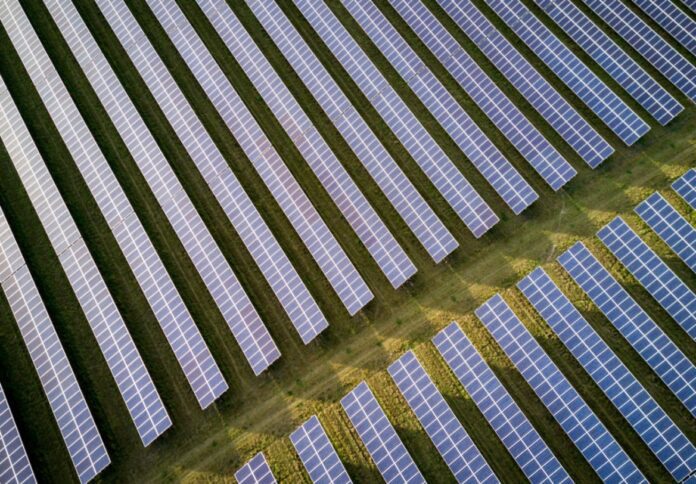
The recent release of the draft Default Market Offer (DMO) has signalled a positive turn in stabilising energy prices amid the aftermath of the largest global energy crisis in half a century.
Set by the independent Australian Energy Regulator (AER), the DMO acts as a benchmark for residential and small business electricity bills in NSW, southeast QLD, and SA. the government announced in a media release.
The draft decision reflects a downward trend in retail energy bills, attributed to lower wholesale prices and significant boosts in renewable energy sources.
Across most jurisdictions, the draft DMO reveals price reductions, with some small businesses seeing nearly a 10 per cent decrease and households experiencing reductions of over 7 per cent.
In addition to the DMO, the Victorian Default Offer (VDO), established by Victoria’s Essential Services Commission, also demonstrates favourable outcomes, with an average reduction of 6.4 per cent for residential customers and 7 per cent for small business customers.
While these developments are promising, the government said it acknowledges the ongoing challenges faced by families and businesses during this period.
To address these challenges, the government implemented urgent measures such as capping soaring coal and gas prices during the crisis and providing bill relief to approximately five million households and small businesses since July of the preceding year.
Through a $3 billion direct bill relief initiative, households received up to $500 in energy rebates, while small businesses were eligible for rebates of up to $650.
These measures, coupled with the gas and coal price caps, effectively offset energy bill increases for eligible customers across most states.
Minister for Climate Change and Energy Chris Bowen commented that the recent figures indicate a favourable downward trend in prices following the significant global energy crisis, noting the need for continued efforts to ensure affordable energy for Australian families and businesses.
“Only the Albanese Government has a plan to deliver the lowest cost, reliable energy Australians need. Our plan is in line with the best advice from engineers, scientists and energy experts – unlike Peter Dutton’s nuclear fantasy,” he noted.
While acknowledging the opposition’s scepticism regarding battery technology and attempts to hinder solar initiatives, Bowen stated that the Albanese Government remains committed to advancing firmed renewable energy systems for the benefit of all Australians.
Furthermore, the government said its long-term strategy has garnered support from experts for its focus on delivering a clean, affordable, and reliable energy system.
Independent assessments from the CSIRO and the Australian Energy Market Operator (AEMO) advocate for the utilisation of Australia’s abundant renewable resources, such as solar and wind, complemented by storage solutions like batteries, pumped hydro, flexible gas, and improved transmission infrastructure.
The government’s commitment to achieving 82 per cent renewables by 2030 is evident through substantial investments and initiatives, including record investments in batteries and large-scale storage, construction of numerous large-scale batteries, widespread installation of rooftop solar systems, and the addition of significant renewable generation capacity.
This plan is deemed critical as a considerable portion of Australia’s ageing coal-fired power plants is expected to be decommissioned over the next decade.

















